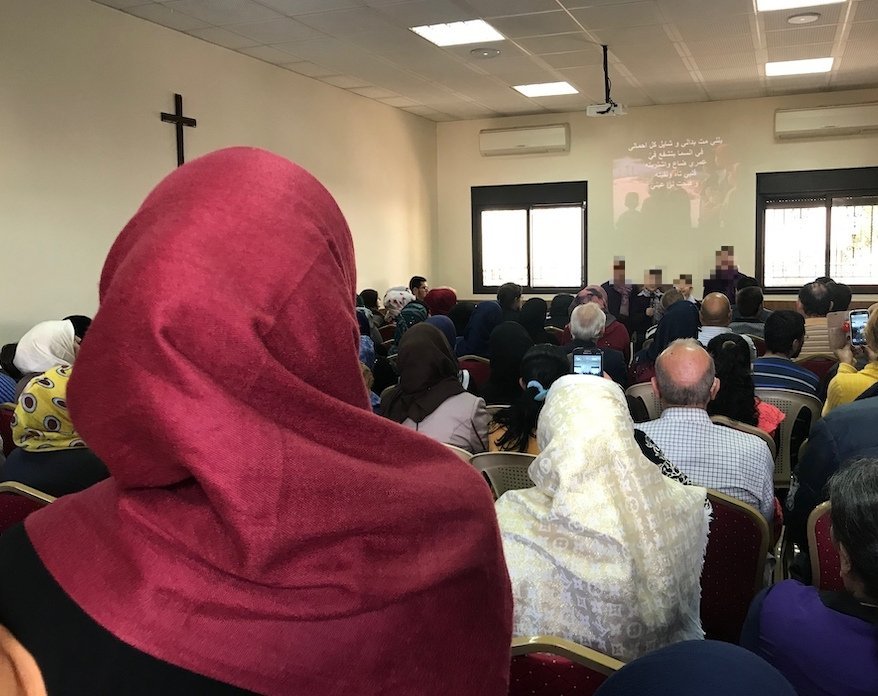
Syrian Refugee Woman Receives New Life in Christ!
Ashia was raised in a Sunni Muslim family in Aleppo, Syria. There, at age 16, she was introduced to her husband, before moving away from her home village to his. Ashia’s husband began to work outside of the country, leaving her frequently to raise their family alone.
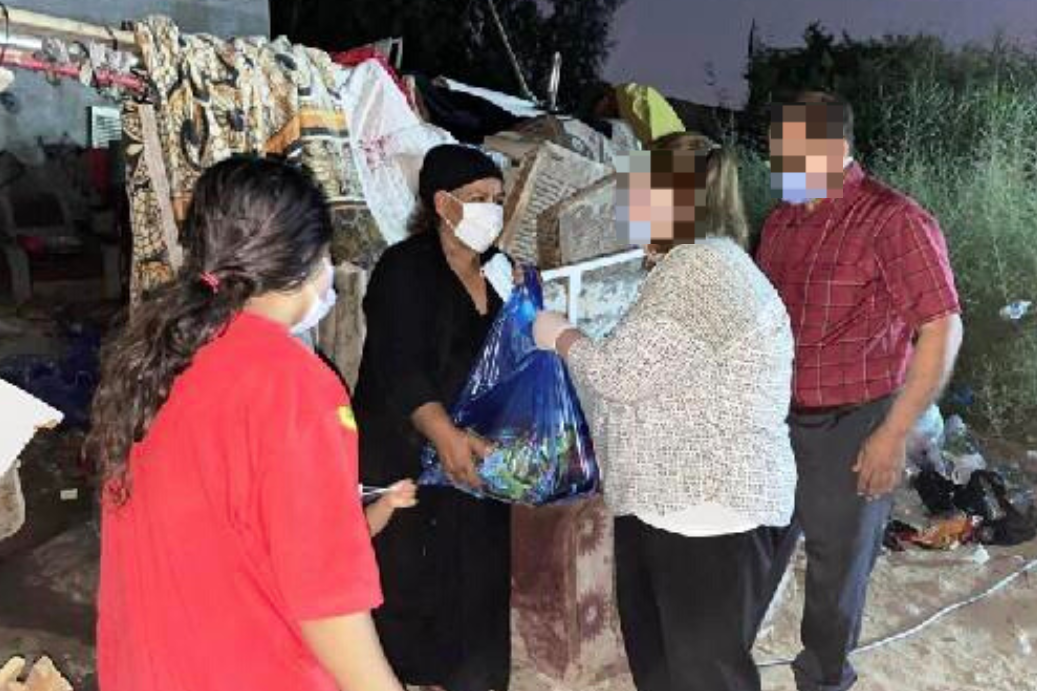
Garbage Collector Declares, “For the First Time in My Life I Felt Like a Human Being!”
Call of Hope co-workers, Bro. Rashid and his wife, Dr. Ida, who is a dentist, frequently visit the slums and refugee camps that surround Baghdad to provide aid, medical care and hope. Hundreds of thousands of families and children reside in these camps, trying to make a living from the garbage.

One Year Later in Afghanistan…
Last August, the unthinkable occurred: the Taliban retook control of Afghanistan. Waves of refugees clamored to escape, many crossing borders into the neighboring countries of Pakistan and India.

How Three Lebanese Soldiers Came to Christ Together
Only recently, the head of the military police in Lebanon announced to his soldiers: “The coming days are very dangerous, our needs will increase and the security situation is about to collapse, but you need to be strong in order to keep our security in this beloved country!”

Bread of Life: Call of Hope Distributes 12 Tons of Bread in Lebanon
We have witnessed first hand just how bad the situating has gotten in Lebanon. Although Call of Hope has ministered to the poor and destitute for decades, now even the former middle-class has been thrust into poverty and the people are in need of immediate assistance.

Muslim Woman Finds Hope in Jesus Amid Lebanon Crisis
It was only eight months ago that the world was shocked with the news and footage of the blast that annihilated Beirut, killing 200 and displacing 300,000.

Syrian Refugee Woman, Rejected by Muslims, Finds Help in Local Church
“They killed anyone who did not look like a “real Muslim”, Amani explained as she recalled the bloody battles that forced her family to flee their small Syrian town. They left with only the clothes on their backs and fled to Jordan as refugees.

Giving Tuesday is Here!
In the midst of the extreme hardship of the Corona pandemic, the economic crisis, and the devastation of the Beirut explosion, the hope and wonder of the Christmas season is upon us!
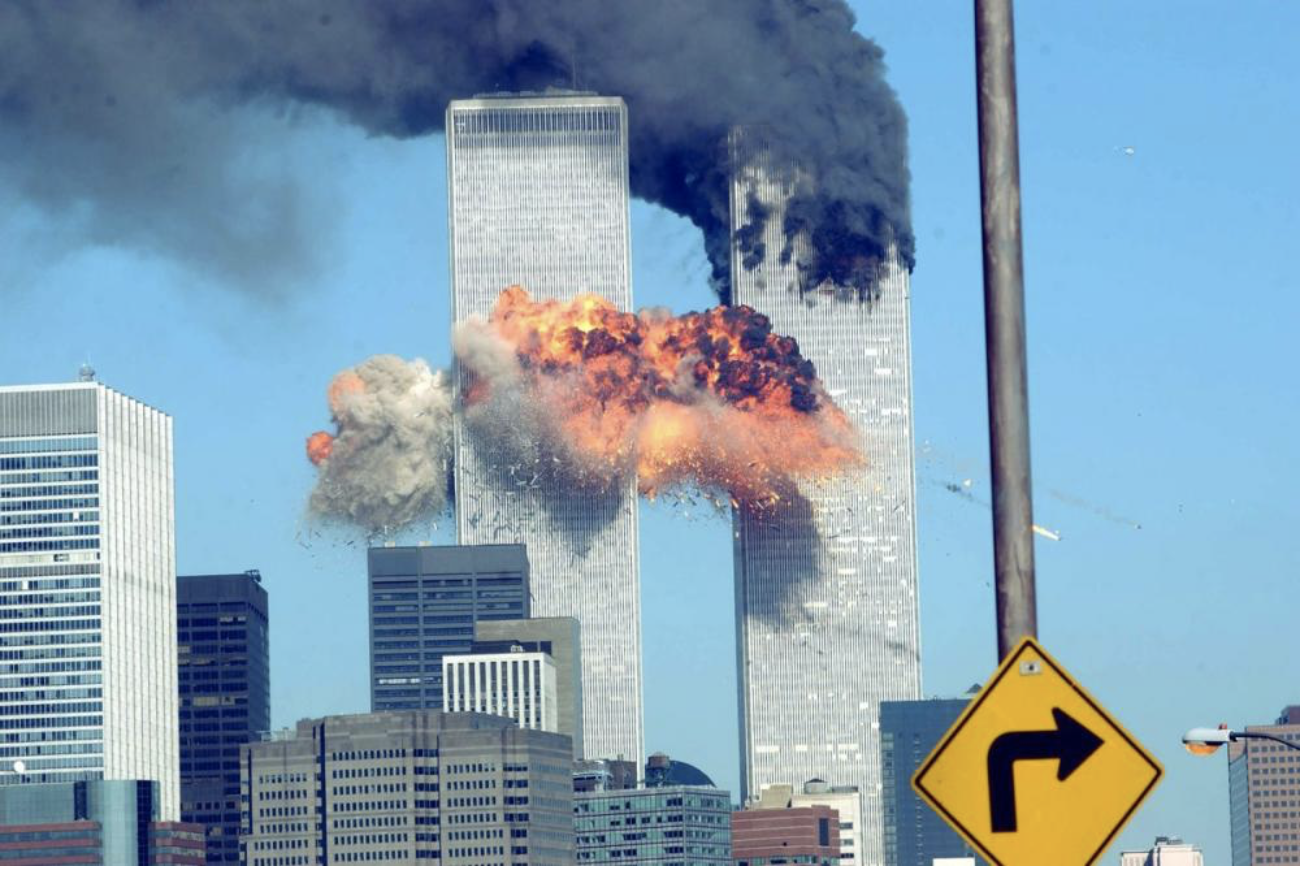
Family of 9/11 Hijacker Comes to Christ
Every American could tell you exactly where they were during the 9/11 terrorist attacks. As the dust settled and the smoke cleared, we mourned as a nation for the lives that were lost, and many drew closer to the comforting arms of Christ. We serve a big God and he can be near to so many people at once.

Massive Explosion in Beirut During Economic Crisis Could Topple Lebanon
The massive explosion in Beirut’s port district on August 4th has killed more than 200, injured over 6000, and has left an estimated 300,000 people displaced.

Urgent Prayer Update: Massive Explosion Decimates Beirut's Port District
On Tuesday, a massive explosion at the port rocked Beirut, Lebanon and the surrounding region. We are very grateful that all of Call of Hope’s frontline workers are safe and well!
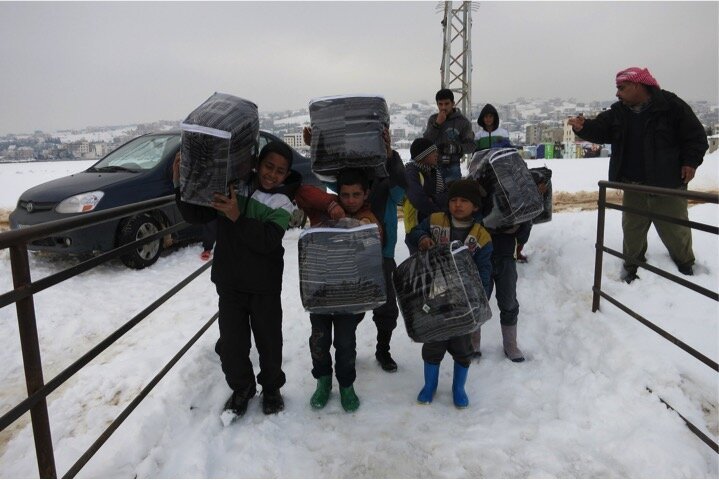
How the Financial Crisis in Lebanon has Affected Syrian Refugees
Over the past six months Lebanon has experienced significant economic decay affecting both Lebanese citizens and the millions of Syrian refugees that now call Lebanon home. Protestors are angry at Lebanese government over their failure to address the recession.
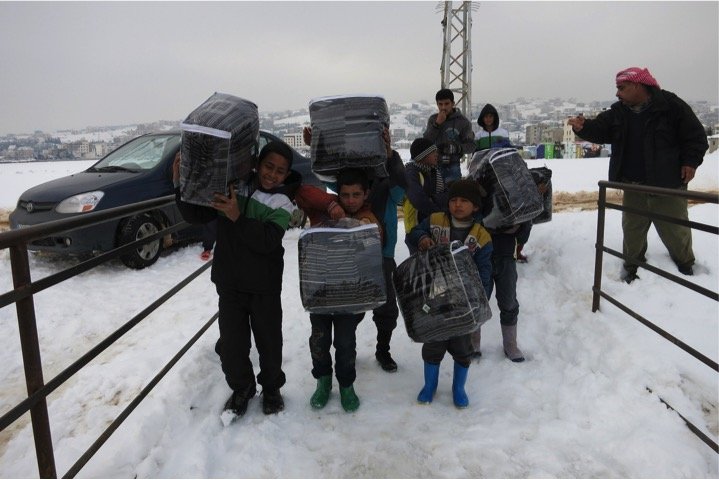
Lebanon: Will Syrian Refugees Ever Be Able to Return Home?
As the conflict in Syria turns eight years old, many headlines hint at the beginning of the end. Reports even indicate many Syrian refugees waiting in line at borders to return home. And in Lebanon, officials are still putting pressure on refugees to return. Why, then, are most of them staying put?

An Easter Story of Redemption: Muslim Woman with Tragic Past is Made Whole by Christ
As we approach Easter, we can all reflect on God's amazing plan to redeem the world - including the Muslim world and former Muslims like Mona.
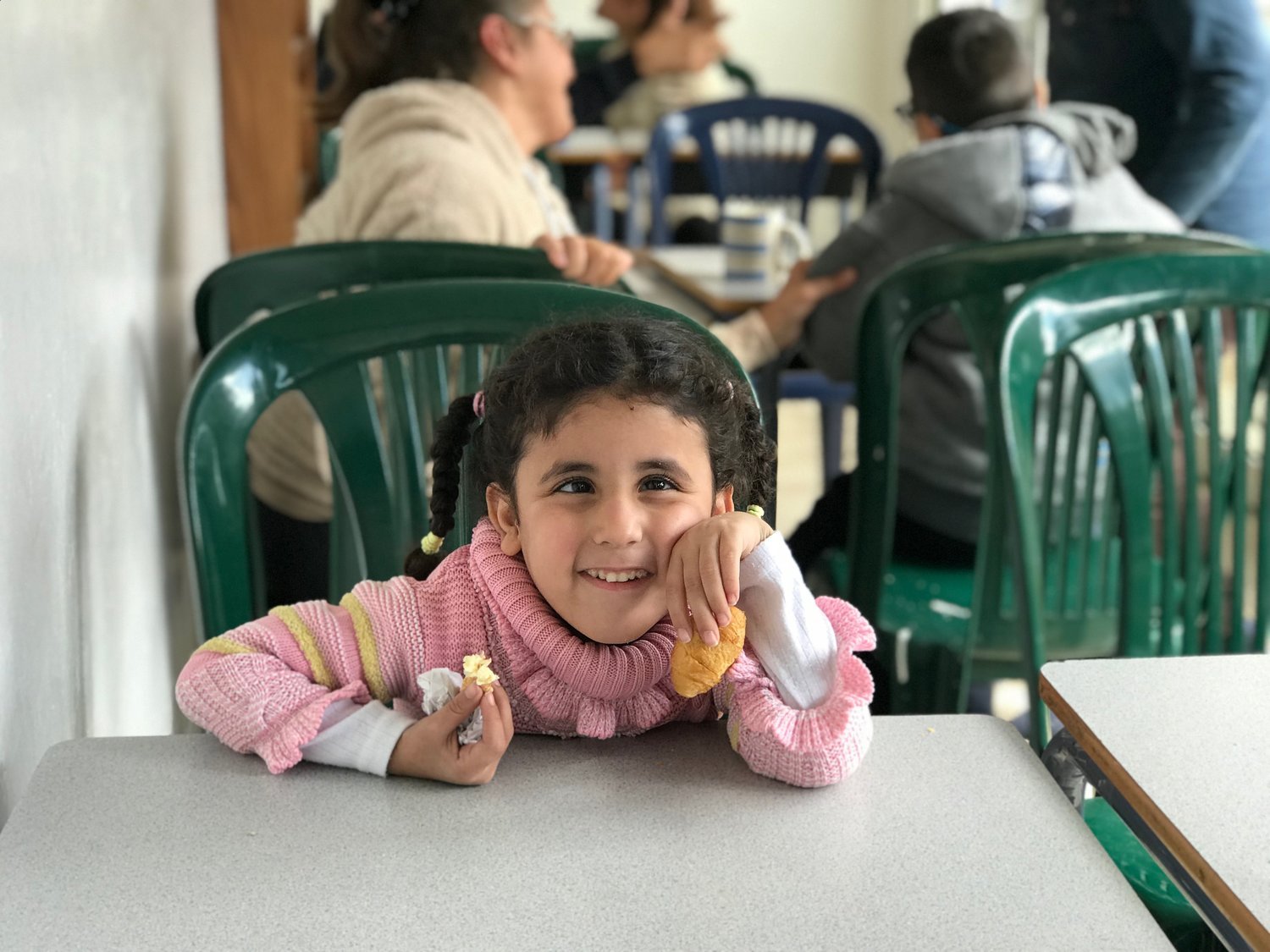
Eye Doctor’s Office Sees the Light From Blind Refugee
In this region of Lebanon, Call of Hope operates a center for Blind and Disabled refugees. One might expect this center to be filled with sadness. After all, if anyone should have a reason to be downcast, it would be a refugee with a challenging disability.

The Application of Sharia Law by ISIS
The common opinion among both Muslims and non-Muslims is that the acts of ISIS have nothing to do with the actual practice of Islam.
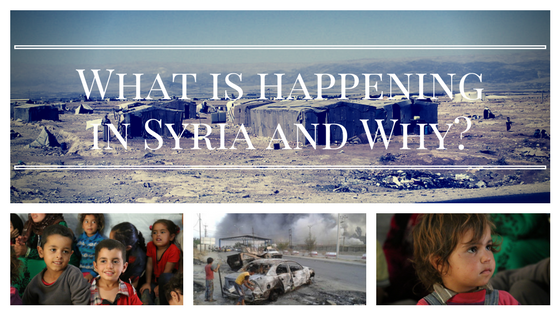
Timeline: What is Happening in Syria and Why?
Since the beginning, The Syrian War has evolved from minor protests into one of the major news stories of this decade. The bloody conflict has lead to the death of over 250,000 people and it has displaced 11 million people from the nation of Syria.

Refugee Finds Help in an Unlikely Place!
Mahmoud lives in the Bekaa Valley, an area now covered with thousands of tents to house impoverished refugees. They have come over from Syria to escape the war, and most have struggled to find adequate food and shelter.
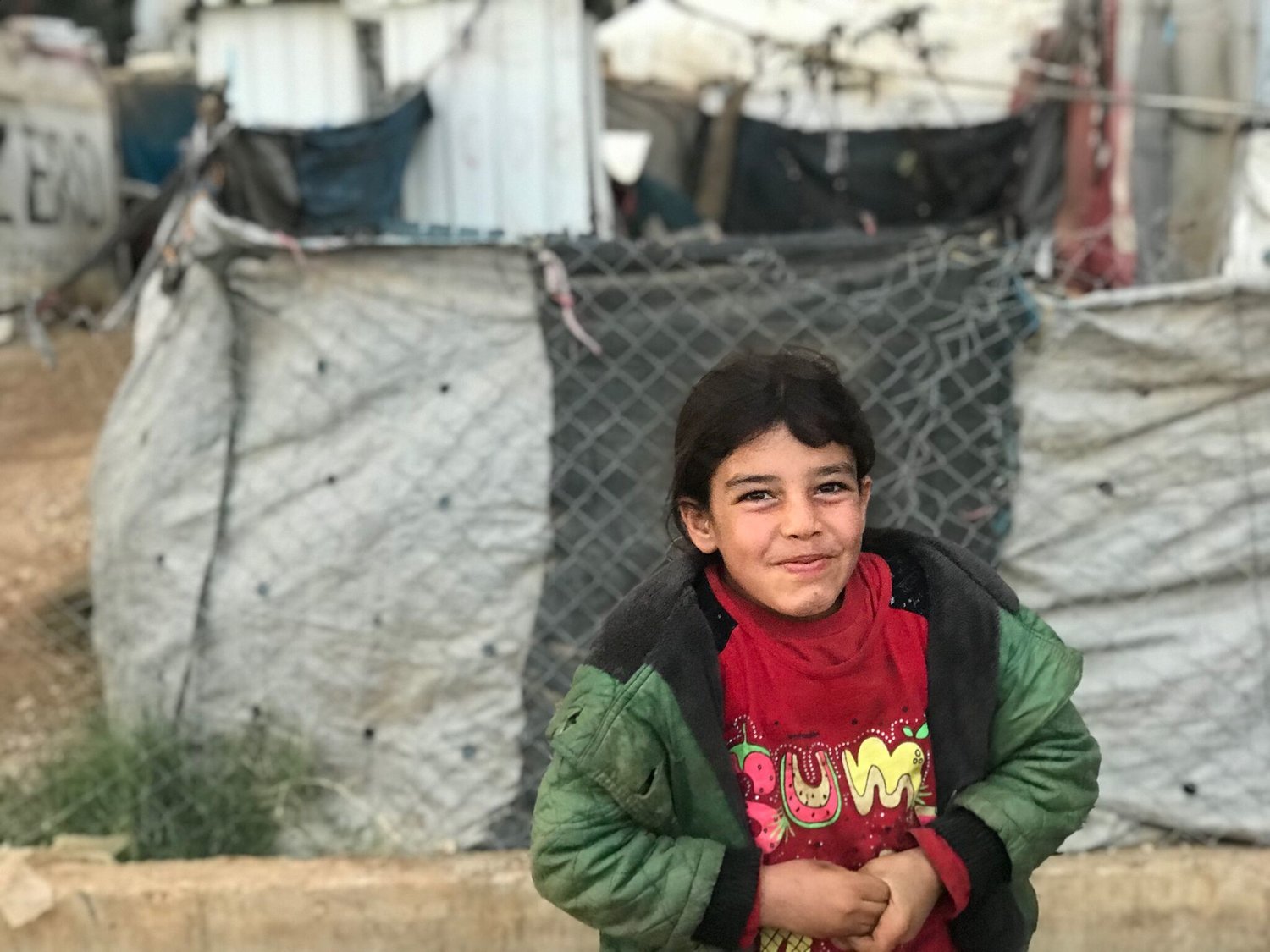
Widow and Children Find Christ as Refugees
A mother and her two children sat outside a destroyed home in Bagdad. The pile of ruins was the only thing left of their former home. Alone and afraid, this refugee family was looking for anyone who would help them!

A Muslim Scholar Comes to Christ
When Muslims come to faith in Christ through the ministry of Call of Hope, it's not uncommon for these former Muslims to be harassed by their Islamic teachers. However, sometimes these Islamic teachers actually come to faith in Christ themselves!
